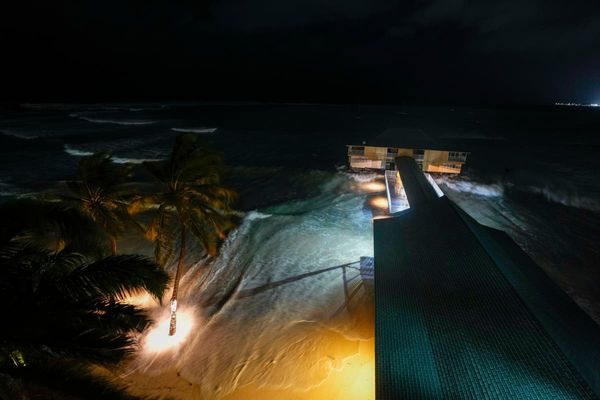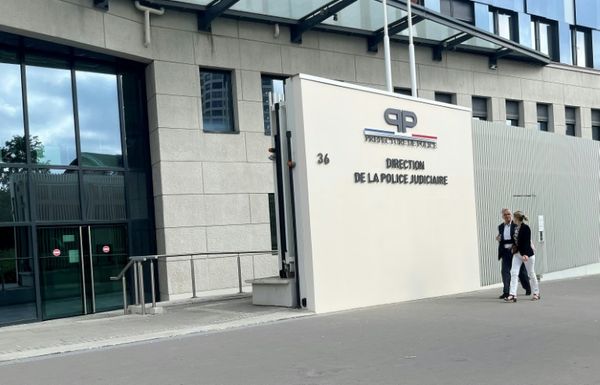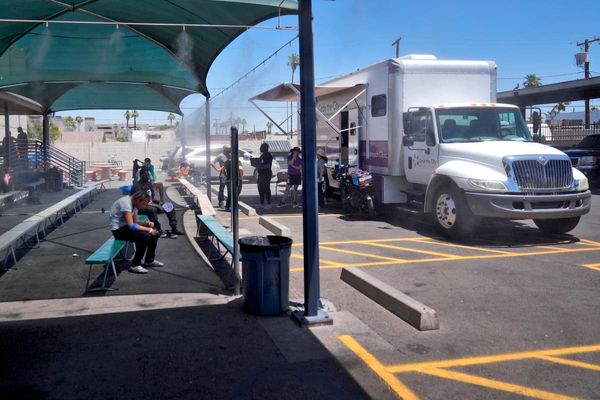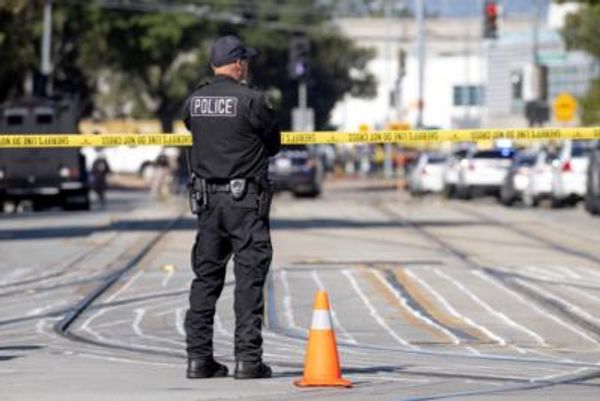The Government has turned its back on a group of Afghans, many whose relatives helped New Zealand defence forces, by withholding critical resettlement services and prolonging the processing of visas, says an advocate fighting for their safe passage.
The Afghan nationals who had their visa applications suspended by Immigration New Zealand because of Covid-19 border closures are still stranded in Afghanistan more than two months after a High Court directed the prompt processing of their visas.
And a small number of the group granted visas have had critical safe travel assistance from the New Zealand Government denied, Community Law Centres o Aotearoa chief executive Sue Moroney said.
"These people face dire circumstances because of the unlawful suspension of their visa applications and now the Government won't provide services they offer to other New Zealand visa holders from the successful Afghanistan response taskforce," Moroney said.
A team of six lawyers frantically working on the case urged the Government to fix the "unjust" situation, which applies to non-immediate family members.
"These New Zealand residents are in life-threatening situations. They have been in hiding for six months now – they have run out of money, food and water during a harsh Afghanistan winter.
/cloudfront-ap-southeast-2.images.arcpublishing.com/nzme/7QWPGAYEL26MZGBSSUFVQJEUNA.jpg)
"They are desperate for the support to safely leave Afghanistan – something they could easily have done before the Taliban takeover if their visa applications hadn't been unlawfully suspended."
Moroney said some of the group were so desperate to leave they had attempted to cross into neighbouring Pakistan.
One elderly man made it across but was beaten so badly he didn't survive.
Another woman watched in terror as her driver was pulled from a van loaded with women trying to leave the country and shot in front of them. They were warned not to return or they would also be killed, Moroney said.
In August, Afghanistan fell to Taliban control following the withdrawal of the United States military and the collapse of the government, prompting a mass exodus of Westerners and those who had helped them, from the capital Kabul.
But because of their exclusion from Operation Whakahokinga Mai - the Afghanistan Departure Taskforce services - some of the group's documentation is not recognised by other countries they need to travel to, transit visas are not facilitated, accommodation is not provided while they wait for flights in transit and they face a lower priority for emergency MIQ spots.
Other New Zealand visa holders have Ministry of Foreign Affairs and Trade case managers to co-ordinate all of this for them, Moroney said.
"It's untenable to me that good services that are available from the New Zealand Government are withheld from them. It defies rationale and lacks empathy for their situation."
The granting of visas had not been swift either, Moroney said, with just 17 of the 77 applicants issued with Family Support visas since the judgment on November 22.
The High Court ruled that INZ was wrong to stop processing visa applications for the Afghan group, and for not making an exception on humanitarian grounds.
It was prompted by a judicial review by Community Law Waikato on behalf of two Afghan families - but representing the group - who had applied for residence visas before the March 2020 lockdown.
"We were shocked to discover there were just two people processing these visas after the High Court directed Immigration to promptly process and grant them," Moroney said.
"There is normally five people processing these visas. The team has recently been increased to nine but they are still in training."
Another 13 applicants had received critical purpose visitor visas while they awaited the processing of their residence visas but this made emergency MIQ bookings harder to secure.
"The Government made a commitment to do everything possible to get New Zealand visa holders out of Afghanistan.
"The plight of these New Zealand residents can be addressed by Government ministers extending the services of the Afghanistan response taskforce to them."
MFAT said the group fell outside the scope of Operation Whakahokinga Mai, a multi-agency response set up to support New Zealanders and eligible Afghans and their immediate families leaving Afghanistan.
A spokesperson said the level of resettlement assistance and wraparound support offered by the operation was "exceptional" and went beyond what was usually available, even to New Zealanders offshore.
"Visas issued as a result of the November judicial review, and any subsequent visas issued outside of the policy agreed by ministers, do not fit within the scope of Operation Whakahokinga Mai."
/cloudfront-ap-southeast-2.images.arcpublishing.com/nzme/WSIWOCLYOTFR4TOQOJWONX2E4Y.jpg)
MFAT said it was offering support to the advocates of the group.
Immigration New Zealand acting general manager of border and visa operations Stephanie Greathead provided the only response, saying INZ was processing the applications as quickly as possible, but that an immigration officer must be satisfied all instructions were met before a resident visa could be granted.
"The applications are at varying stages in processing, with many pending additional information we require from applicants and more applications are expected to be completed in coming weeks."
She said INZ was also separately assessing whether the applicants met the requirements to be granted a critical purpose visitor visa as an exception to border restrictions on humanitarian grounds, in line with the judgement of the High Court.
'I had to choose between my brother and sister' - Afghan interpreter
Raza Khadim wishes he could support both his siblings to resettle in New Zealand from Afghanistan, where he fears it's a matter of "when" not "if" the Taliban discover their brother was an Afghan interpreter.
Khadim, 38, now a software developer in Hamilton, worked for the New Zealand Defence Force in Bamyan province from 2003 until he resettled as a refugee in New Zealand in 2013.
He is only allowed to sponsor one family member to enter New Zealand as a refugee and chose his brother in 2017, who is still not here.
"I've got two siblings I want to bring to New Zealand. The other one is my sister who is single.
"My mum passed away not long ago and now he's in the process and she will be there by herself.
"It's not safe. Under the Taliban, being a woman is your biggest crime."
Khadim, who is married and has two sons born in New Zealand, said life was dire in Afghanistan and families of interpreters should be fast-tracked through the Immigration NZ process.
"The things that are happening to our families are horrible. Our houses are raided. Our family members have been threatened and we have come to the point where my neighbour would go to the Taliban and say that this family had an interpreter just to save their arse."
He said kidnappings, beatings and killings were daily occurrences and he feared it was just a matter of time before the Taliban discovered his siblings.
Khadim said he didn't regret working as an interpreter for New Zealand but looked at other countries such as Canada, the United States and Australia, who had opened their doors to tens of thousands of family members of Afghan defence force workers.
"I feel disappointed that we are not taken care of now."







